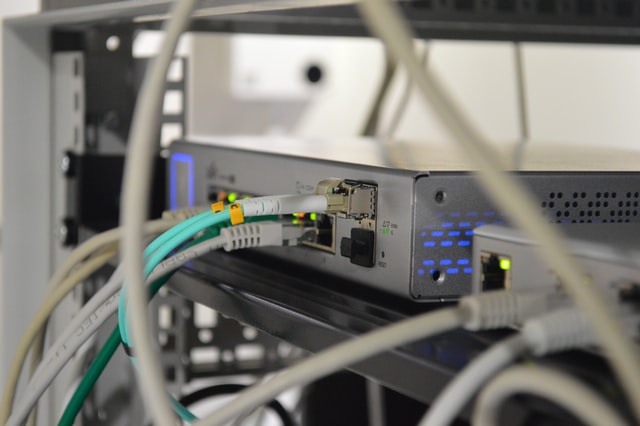When you use wireless internet, you know the importance of a router. However, a router does more than simply broadcast a network. It can also play a significant role in the speed and performance of your network. Learn how to get the most out of your router and enjoy a more consistent internet connection at home.
Choose the Right Equipment

Image via Unsplash by thomasjsn
It is important to get the right router, based on your connection and speed, as well as the size and layout of your home. Does a router make the internet faster? Yes, it can. Many newer routers operate on wireless 802.11ac and offer dual-band support, both of which can offer faster connection speeds.
In a smaller home or apartment, a single router will often suffice. However, If you live in a larger home that is over 1,500 square feet in size, you might want to upgrade to a mesh network, which will enable you to add more nodes in areas of the home where the coverage is not as strong. Another option in a bigger house is a router range extender.
Place It Properly
The placement of the router also plays a role in the unit’s performance. Whether you choose a single router or a mesh network, it is important to place it in a central location where it can send signals throughout the living space. Mount the router as high as possible to improve the coverage. You could place it at the top of bookshelf or mount it at the top of the wall. If your router has more than one antenna, position each in different directions to cover various angles.
Avoid Router Interference
Just as the placement of the router matters in the home, it also matters what surrounds the unit. If you place your router close to any walls or other obstructions, such as metal shelves or large objects, these may interfere with the signal it broadcasts, slowing your wireless connection. Make sure to keep your router far from the microwave, which emits a signal in the 2.4GHz band, which is the same wireless band in which a router operates.
Test the Speed
If you have connectivity problems or a slow connection, try testing your internet speed to get more information. It is best to test your connection speed when you are hard-wired in, but you can try a speed test on a wireless connection to compare as well. Conduct speed tests in various areas or rooms of the home to determine where you might need to improve the coverage by adding another node (in a mesh system) or a coverage extender.
Reboot Often
When your router is slow to respond, a reboot can make a big difference. Try rebooting or restarting your router every week or so to enable the unit to clear out data and start fresh. This action may also enable the unit to download or update any software needed to operate at peak efficiency.
Making sure you have the right equipment in the proper place within your home can help you maximize your router’s capabilities.